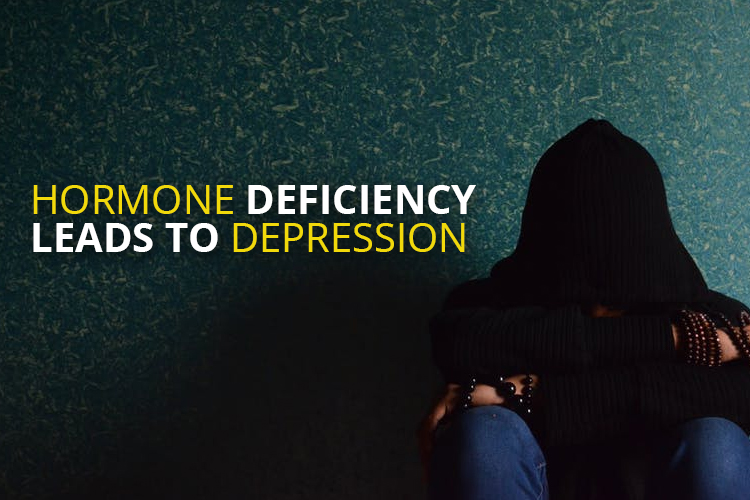Both diseases – thyroid gland and mental problems, are caused by the same reason- the stress, and they have almost the same symptoms.
Depression and anxiety are five times more common in patients with impaired function of the thyroid gland! These disorders are constantly rising in our country, especially in women who have hypothyroidism.
These diseases are connected by the same cause – the stress. Stress as a powerful factor triggers an autoimmune response, and that’s why thyroid disease occurs, while basically depression often appears by the same stressful factors.
It often happens that patients are unsuccessfully treated for depression, and they do not know that actuallytheir thyroid is not working properly for years. As for depression and hypothyroidism appear with the same symptoms: loss of interest, apathy, mood swings and chronic fatigue. Due to these symptoms, patients with thyroid disorders often go to a psychiatrist.
The relationship between thyroid hormone and brain process is clear:
– When children, for example, don’t have thyroid hormone, then the mental and physical development is slowed. Fortunately, these disorders can be discovered at birth in order to diagnose and treat on time. In adults, thyroid hormones influence the metabolic processes that determine how the brain will use all substrates for its function and operation.
The link between thyroid disease and the occurrence of depression, however, is not even in scientific circles precisely determined. The system of endocrine glands is complex, a thyroid gland regulates the functioning of other glands, and its functioning is closely associated with the work of the central and autonomic nervous system. Therefore,scientists say, it is difficult to accurately explain all the mechanisms and links of certain processes in the system.
Although clinically related, treatment, or compensation of thyroid hormones, not always significantly affect the improvement of depressive disorders, and they are rarely completely eliminated. But that does not always mean that a patient with this comorbidity needs to be treated with an endocrinologist and a psychiatrist.
Sometimes the depressive symptoms of clinical manifestations are of decreased function of the thyroid gland. The patient therefore, has symptoms of depression, but there is no depression. On the other hand, we have those who are treated for depression, and only later they were found to have problems in the work of the thyroid gland.
What makes it difficult to control in patients
With depressive disorders in the work of the thyroid gland is the inconsistency of endocrinologist about when to start therapy. And, should any patient in whom depression is detected be submitted for analysis of thyroid hormones.
Recently scientists have finished the research on the relationship betweenthyroid disorders with depression and quality of life. The results showed that patients whose thyroid function was not significantly impaired, had worse quality of life, especially in the mental sphere.





